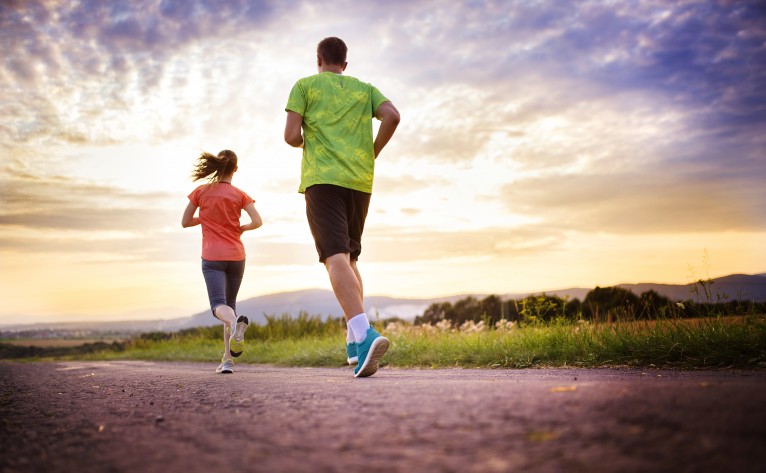Sunlight and Cancer. By Marc Sorenson, Ed.D

Sunlight and cancer are subjects that are misunderstood by most of the populace, and the press. Furthermore, sunlight and cancer are believed by most to have a cause and effect relationship. Thus, sunlight exposure to humans is thought to be dangerous and deadly, and is deemed carcinogenic by many health organizations. Yet, the research continues to indicate that sunlight and cancer have an entirely different relationship than the pundits propose. Let’s examine and comment on important sunlight and cancer research that belies the idea that more sun equals more cancer.
An impressive recent study on the protective influence of sunlight on cancer.
First of all, consider this sunlight and cancer association: sun exposure’s association to gastrointestinal cancers (esophagus, stomach, and colon). A sunlight and cancer from Iran study shows a strong negative correlation between sun exposure and the risk of these cancers.[1] A strong negative correlation means that these cancers are profoundly decreased due to sunlight. And, a salient point of this research was that for each increment of sun exposure increase, there was a corresponding drop in the risk of cancer. As regards sunlight and cancer, then, it is probably not a great idea to excessively limit sun exposure. This research, therefore may cause many people to alter their misconceptions regarding the sunlight and cancer relationship.
Another notable indication that sunlight and cancer work in opposition: more sunlight, less breast cancer.
Because of the sunlight and cancer relationship just established, we would expect more confirming research. Probably the most jaw-dropping study showed that women who were always covered had 10 times the risk of breast cancer. That is, compared to women who were out and about in the sun.[2]
More on sunlight and cancer, particularly exposure to sunlight among young girls
Also, another investigation regarding sunlight and cancer showed and interesting relationship. The influence of sunlight on breast cancer may start early in life. It is most noteworthy that girls who had the greatest sun exposure during the ages of 10-19 were strongly protected against breast cancer. And due to their sun habits, they had a 35% decrease in the risk of breast cancer as adults, compared to those who had the least sun exposure.[3] So, what do you think now about sunlight and cancer?
The sunlight and cancer relationship as regards prostate cancer
Another group of researchers used childhood sunburn as a measure of sun exposure. They determined that men who had the most sunburns as children had one-fifth the risk of contracting prostate cancer as those who had fewer sunburns![4] Also realize I am not advocating sunburns to prevent prostate cancer. Sunburns were used as a way to measure sun exposure and another measurement would have worked as well to show the sunlight and cancer relationship.
Finally, there are approximately 18 major cancers that have a negative correlation with sunlight. Read about all of them in the book, Embrace the Sun. Also, be sure to follow my blogs at sunlightinstitute.org.
Enjoy your regular, non-burning sun exposure.
[1] Najafi E, Khanjani N, Ghotbi MR, Masinaei Nejad ME. The association of gastrointestinal cancers (esophagus, stomach, and colon) with solar ultraviolet radiation.

[2] Bidgoli SA, Azarshab H. Role of vitamin D deficiency and lack of sun exposure in the incidence of premenopausal breast cancer: a case control study in Sabzevar, Iran. Asian Pac J Cancer Prev. 2014;15(8):3391-6.
[3] Knight JA, Lesosky M, Barnett H, Raboud JM, Vieth R. Vitamin D and reduced risk of breast cancer: a population-based case-control study. Cancer Epidemiol Biomarkers Prev 2007;16(3):422-9.
[4] Moon SJ, Fryer AA, Strange RC. Ultraviolet radiation: effects on risks of prostate cancer and other internal cancers. Mutat Res 2005;571(1-2):207-19.

